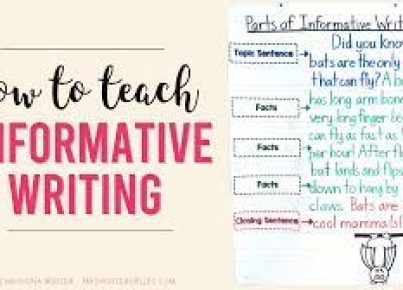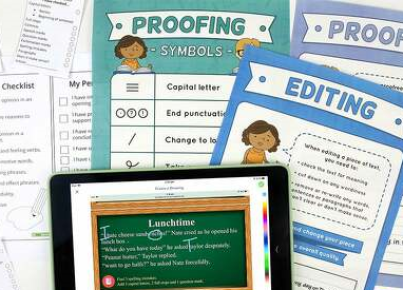Introduction
Writing is an essential life skill that teachers and students alike need to master for effective communication and knowledge sharing. This article presents a comprehensive writing guide for teachers and students, offering practical advice, tips, and techniques for improving their writing skills. By following these principles, both teachers and students will be more equipped to tackle essays, reports, research papers, and other assignments with confidence.
1. Setting the Stage for Success
Before diving into the writing process, it’s essential to create an environment that fosters creativity and productivity. Here are a few tips:
– Designate a quiet workspace with minimal distractions
– Use proper lighting to reduce eye strain
– Allocate ample time to research the topic before starting
– Set realistic goals and deadlines for completion
2. The Writing Process
Breaking down the writing process into these five stages will make it more manageable:
– Planning: Outline your main ideas, establish your thesis statement, and gather pertinent resources.
– Drafting: Turn the bullet points from your outline into full paragraphs.
– Revising: Step back and review your entire draft, restructuring sections as needed.
– Editing: Proofread carefully and correct any mistakes in grammar, punctuation, or wording.
– Submitting/Publishing: Review your work one final time before submitting or publishing it.
3. Tips for Effective Writing
To produce engaging content that demonstrates strong writing skills, consider these pointers:
– Keep your audience in mind–understand their needs, expectations, and preferences
– Use clear language–avoid jargon or complex sentences when simpler ones suffice
– Be concise–eliminate redundant words or statements
– Employ correct grammar–improper usage can distract readers from your message
– Be organized–use headings or subheadings to break down content logically
– Cite sources properly–demonstrate respect for others’ work while avoiding plagiarism
4. Encouraging Students to Develop Writing Skills
Teachers play a crucial role in helping students hone their writing abilities. Here are a few strategies:
– Provide constructive feedback–highlight both strengths and areas for improvement
– Offer one-on-one assistance–guide individual students through the writing process
– Encourage peer-review sessions–allow students to give and receive advice from classmates
– Assign diverse writing tasks–include essays, reports, creative writing, and presentations to practice different formats
5. Resources for Continued Growth
Consistent efforts to sharpen one’s writing skills are necessary for teachers and students alike. Consider using these resources:
– Style guides (e.g., The Elements of Style by Strunk & White)
– Writing workshops or seminars
– Online courses and videos dedicated to improving writing skills
– Tutoring or coaching sessions with experienced writers or educators
Conclusion
With dedication and practice, teachers and students can enhance their writing abilities by following this ultimate guide. Employing these techniques will result in more effective communication, increased academic success, and the development of essential real-world skills for both parties.




